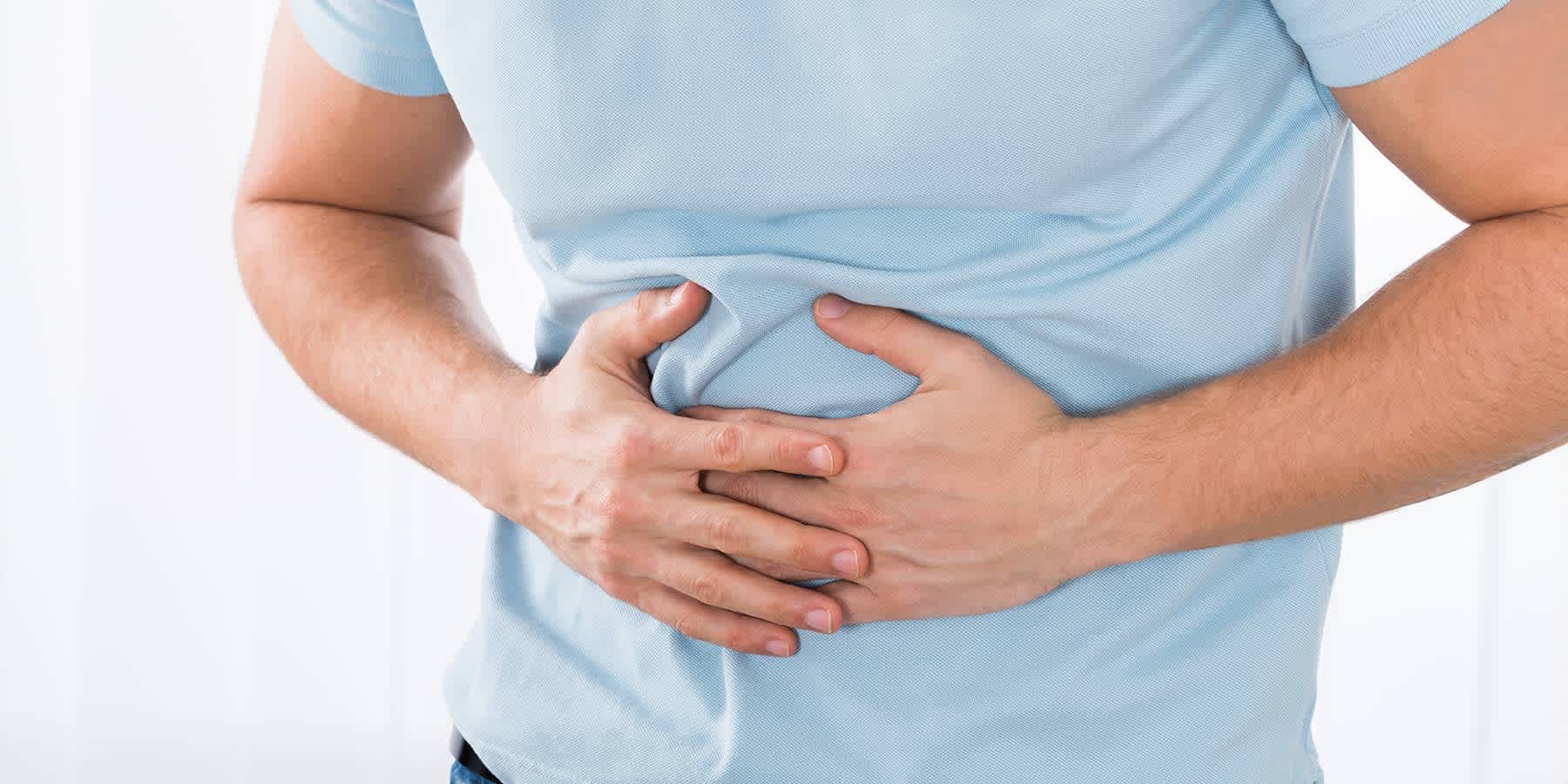Recognizing the Distinction Between Bloating and Fat: an Essential Overview for Digestive Wellness
Comprehending the distinction in between bloating and excess body fat is crucial for anyone concerned with digestive system health and wellness. While bloating presents as a temporary and usually uneasy condition, commonly linked to nutritional behaviors or digestive disruptions, body fat stands for an extra permanent modification in one's body.
Defining Bloating and Fat
Bloating and fat are two distinctive physiological sensations that can dramatically impact a person's convenience and body image. Bloating refers to the short-lived swelling or distension of the abdominal area, usually gone along with by pain or a sensation of fullness. This problem may develop from various elements, including nutritional selections, digestive problems, or fluid retention. Bloating is normally a short-term event and can fluctuate throughout the day, often fixing with lifestyle changes or medical interventions.
In comparison, body fat is a more irreversible and secure element of human physiology, mostly functioning as a power book and playing vital duties in hormonal agent regulation and insulation. Body fat is identified into 2 types: subcutaneous fat, which exists simply below the skin, and natural fat, which surrounds internal organs. While excess body fat can lead to health problems, it is necessary for overall physical functions.

Causes of Bloating

Additionally, food intolerances, such as lactose or gluten intolerance, can cause bloating when the body has a hard time to process certain materials - fat and bloating. Consuming also promptly or eating carbonated beverages can additionally worsen the problem, as these behaviors introduce excess air into the digestion tract
Way of living factors, consisting of anxiety and lack of physical task, can even more add to bloating by influencing gut mobility. Specific clinical problems, such as cranky digestive tract disorder (IBS) or stomach blockage, might also lead to chronic bloating. Recognizing these causes is necessary for successfully managing and minimizing bloating, permitting people to make informed dietary and way of living selections that sustain their digestion health and wellness.
Signs of Bloating vs. Fat
Comparing the signs of bloating and excess fat is vital for comprehending one's body and dealing with discomfort successfully. Bloating commonly offers as a sensation of volume or pressure in the abdomen, commonly gone along with by noticeable distension. Individuals might experience pain, cramping, and even discomfort, specifically after meals. Bloating can likewise cause too much gas, resulting in burping or flatulence.
While it may add to a feeling of heaviness, it usually does not produce the severe pain associated with bloating. Instead, excess fat has a tendency to collect gradually, leading to a modification in body shape and dimension over time.

Recognizing these differences is vital. While bloating is usually short-term and connected to nutritional elements or gastrointestinal concerns, excess fat indicates a more persistent condition requiring lifestyle modifications. Recognizing these signs and symptoms empowers people to seek suitable services tailored to their details problems relating to digestion wellness and body structure.
Taking Care Of Bloating
Efficient monitoring of bloating calls for a multifaceted click over here strategy that attends to both dietary options and way of living routines. First, it is vital to determine and remove particular foods that may cause bloating, such as those high in fiber, gluten, lactose, or certain fermentable carbohydrates (FODMAPs) Keeping a food diary can help identify these triggers and guide modifications.
Including smaller sized, much more frequent dishes instead of huge ones can likewise minimize bloating, as it relieves the gastrointestinal procedure (fat vs bloating). Remaining well-hydrated is crucial, as adequate liquid consumption aids digestion and aids avoid irregular bowel movements, which can add to bloating
Additionally, taking part in routine exercise promotes gastrointestinal motility and lowers bloating. Easy exercises, such as strolling or yoga exercise, can successfully minimize pain. Mindful eating techniques, such as eating slowly and chewing food extensively, might even more enhance food digestion and restriction air ingesting.
When to Seek Aid
Recognizing when to look for clinical aid for bloating is important, as persistent or serious symptoms may show a hidden health and wellness problem. If bloating is accompanied by added worrying signs and symptoms such as Learn More Here substantial abdominal discomfort, inexplicable weight loss, anal bleeding, or continual nausea or vomiting and throwing up, it is necessary to get in touch with a health care specialist. These indicators might suggest conditions such as cranky bowel syndrome, gastrointestinal obstruction, or perhaps extra significant concerns like cancer.
Additionally, if bloating lingers regardless of nutritional adjustments or non-prescription remedies, it requires further investigation. Individuals with a background of gastrointestinal problems ought to be specifically vigilant, as their danger for complications may be greater. Additionally, if bloating happens adhering to the usage of specific foods, it might suggest food intolerances or allergic reactions that require nutritional changes or testing.
Verdict
In recap, comparing bloating Visit This Link and excess body fat is essential for digestive system wellness and general well-being. Bloating, a temporary condition often linked to nutritional aspects and gastrointestinal issues, contrasts greatly with the secure accumulation of body fat. Identifying the signs and symptoms and underlying reasons for each can facilitate appropriate monitoring strategies. Individuals experiencing consistent or serious signs and symptoms ought to look for expert guidance to address prospective health issues successfully. Understanding these differences is necessary for notified decision-making concerning wellness and way of life.